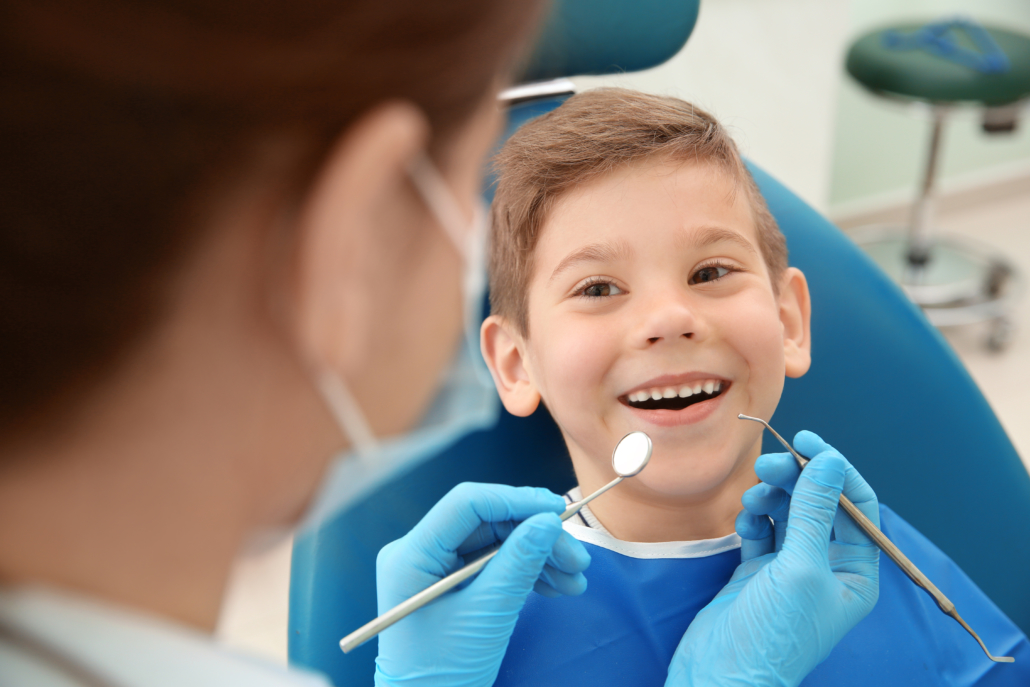The problem of dental caries in children is a health problem that should not be underestimated, an untreated caries can in fact lead to the premature loss of deciduous teeth.
Early loss of deciduous teeth: the causes
Caries initially affects the hard surface of the tooth. The enamel, in a condition of demineralization, is attacked by the bacterial plaque and gradually eroded.

Caries in milk teeth affects 99% of children worldwide and is the number one cause of premature loss of deciduous teeth.
Often the first consideration, especially on the part of parents, is to show carelessness because the teeth should have fallen out anyway. In fact, a recent study has shown what consequences premature loss of deciduous teeth can have on future permanent teeth.
Premature loss of deciduous teeth: the consequences
It has been shown that in children who have lost their deciduous teeth prematurely due to caries, it is very likely that there is a loss of space in the posterior sectors of the dental arch, with consequences on the permanent dentition.

The research was conducted on 17 children from a public school in Hidalgo, Mexico. The average age of the sample of children was 6.82 years of which 64% were boys and 36% were girls.
In children, early loss of deciduous teeth was found only on one side of the arch and the presence of interproximal caries between the teeth. Each child underwent a dental impression to check for the loss of space in the arch.
The side of the arch where the premature loss of deciduous teeth occurred was compared with the other side of the arch.
Collected data
- The distance from the distal point of C to the mesial of E was measured for the children who suffered the loss of tooth D;
- for children who suffered the loss of tooth E, the distance from the distal point of D to the mesial of the sixth (first permanent molar) was measured;
- the children who had lost teeth D and E were measured the distance from the distal point of C and the distance from the mesial point of the sixth (first permanent molar).
The same measurement was made on the control side.

Results on premature loss of deciduous teeth
Interproximal caries with an average loss of space of 1.09 ± 0.18 mm were detected in 88.2% of the children concerned (control vs case; P < .001).
Children who suffered the loss of deciduous teeth showed a greater loss of space than children with interproximal caries.
The premature loss of deciduous teeth therefore involves a reduction of the space in the arch, this condition can generate an overlapping of the permanent teeth with consequent malocclusions.
















